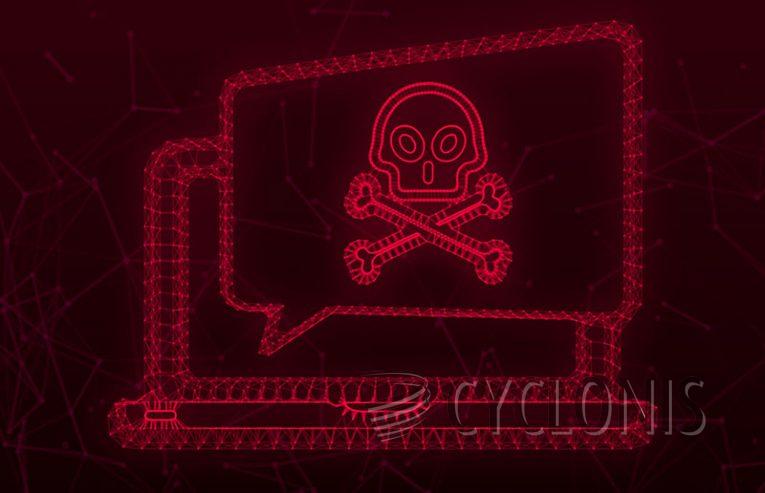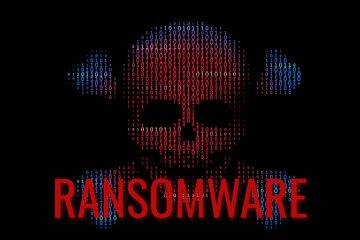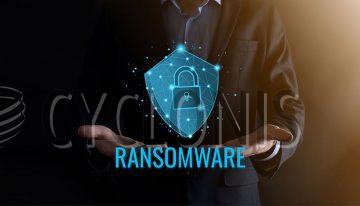Burntcigar Malware Works in Tandem With Ransomware

Burntcigar is a malware tool that is frequently utilized by cybercriminals in ransomware attacks, particularly in conjunction with the Cuba ransomware variant. Burntcigar actively seeks out process names that seem to be linked to widely recognized antivirus (AV) or endpoint detection and response (EDR) software. Subsequently, it incorporates the corresponding process IDs of these identified processes into a queue for termination at a later stage in its operation.
Cybercriminals regularly deploy this malicious software with the specific objective of executing ransomware attacks, with a particular emphasis on infiltrating the computing environments of unsuspecting victims.
Burntcigar exhibits a clever mode of operation, which includes the exploitation of vulnerabilities found within well-established antivirus and endpoint detection and response (EDR) products. One of its notable strategies involves the deliberate targeting of processes associated with these security solutions, followed by the addition of their process IDs to a list for termination. This strategic move ultimately leads to the deactivation of vital security measures on compromised machines.
Furthermore, Burntcigar is recognized for its capacity to compromise the integrity of computer systems by exploiting device drivers and executing malicious code. On specific occasions, it has been observed exploiting the vulnerabilities of the Avast anti-rootkit driver, thereby granting unauthorized access to targeted systems.
In addition to these exploits, the malware has been documented utilizing BAT (Batch) files as a means of installing insecure drivers, thereby creating an entry point for malevolent activities orchestrated by cyber attackers. The potential consequences stemming from an encounter with Burntcigar or similar malware strains are substantial and can result in far-reaching repercussions.
Primarily, victims may experience extensive data loss as the malware encrypts files, rendering them inaccessible without a decryption key. Furthermore, there exists a substantial risk of financial losses, as attackers routinely demand a ransom in exchange for the decryption key. This, in turn, serves as an incentive for cybercriminals and further magnifies the associated risks.
How Can Malware Circumvent Antivirus Solutions?
Malware developers continually adapt and employ various techniques to evade detection by antivirus solutions. While antivirus software is designed to detect and remove malware, it is not foolproof. Here are several ways in which malware can circumvent antivirus solutions:
Polymorphic Code: Malware can use polymorphic code, which changes its appearance each time it infects a new system. This makes it challenging for antivirus software to recognize the malware's signature or behavior patterns.
Encryption: Malware can encrypt its code or communication to appear as harmless data. It decrypts itself only when executed, making it difficult for antivirus programs to inspect the payload.
Code Obfuscation: Malware authors can obfuscate their code to make it more complex and harder to analyze. This can include the use of packing or obfuscation techniques that obscure the malware's true intent.
Fileless Malware: Fileless malware operates in memory without leaving a footprint on the file system, making it challenging for antivirus software that relies on file scanning.
Zero-Day Exploits: Malware can take advantage of vulnerabilities in software or operating systems that are not yet known to antivirus vendors. These zero-day exploits allow malware to infect systems before security updates or patches are available.
Rootkit Techniques: Rootkits can hide malware by altering system-level functions and APIs, making it difficult for antivirus software to detect or remove them.
Dynamic Loading: Malware can dynamically load malicious code into legitimate processes, making it appear as if the legitimate process is behaving normally while executing malicious actions.








